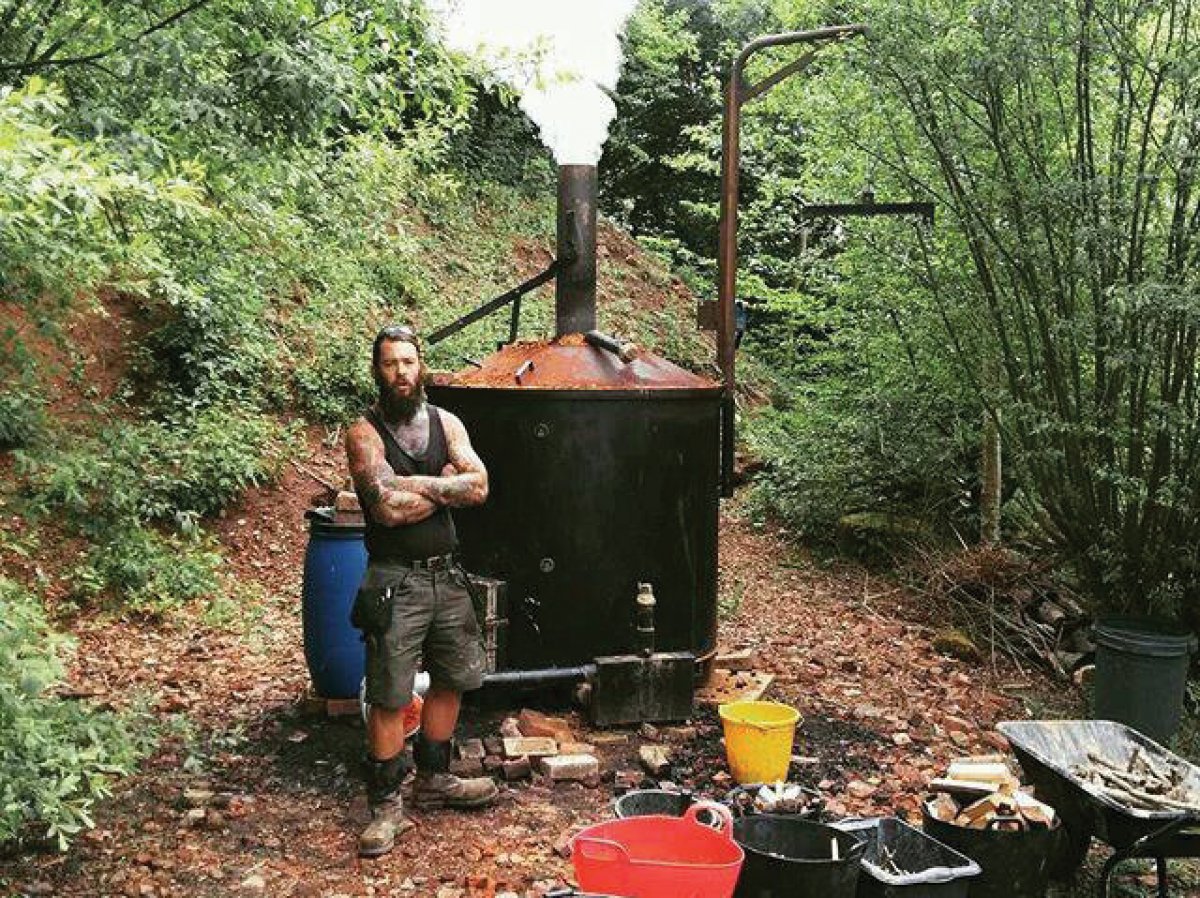Innovative ventures in food and farming
In 2017 we continued to work with the Real Farming Trust and Esmée Fairbairn Foundation to deliver the Just Growth programme. This 18-month initiative was set up to nurture community enterprises that are farming and producing food in a responsible way.
Six projects received a funding package made up of one third loan finance, one third grant funding and one third raised from the local community.
Our work for this programme was recognised at the Responsible Finance conference in March 2017 when we won Citi Microentrepreneurship Award for Effective Partnership.
During the year we released two loans under the programme (from Co-op Loan Fund).
Sacred Earth
This community land project is reclaiming the 40-acre site of an old brickworks at Horam in East Sussex.
The site is home to a number of nature-based ventures including the production of biochar (a form of charcoal), growing and processing of herbs, animal husbandry, willow production and basket making, ecotherapy, and a wide range of courses and workshops.
The project had been developing gradually since a local philanthropist bought the site in 2011, but in 2016 it registered as a community benefit society and launched a share offer. It raised £45,000 from a total of 170 members and this made the venture eligible for the Just Growth Fund.
Over the next five years Sacred Earth plans to increase the production and sale of biochar, expand its educational programmes, provide practical support and training for young rural entrepreneurs, produce food and medicinal herbs, establish a centre for ecotherapy, and look after the land for the benefit of the local community and future generations.
Lauriston Farm
This Essex farm is one of the leading practitioners of biodynamic farming and conservation. The 210-acre farm has rare-breed cattle and sheep, hens and beehives and a large vegetable garden. As well as producing organic beef, lamb, eggs and wool products, Lauriston Farm also runs an education and training programme and provides co-worker placements for people with learning disabilities.
Until July 2017 the family-owned farm had been run by the owner’s son, Spencer Christy, as a sole trader. He and his team wanted to expand and diversify the business and to ensure that it remained rooted in the local community, so they set up a charitable community benefit society and launched a community share issue.
Over 140 people, mostly local residents, have invested in Lauriston Farm and become members of the society.
Spencer Christy explained the difference becoming a community benefit society had made: “The feeling on the farm is different, we feel supported by the local community, many of whom have bought shares. The big difference is just starting and that’s the increase in the opportunities we provide for co‑workers with learning disabilities. We hope to have seven placements a day, five days a week.”
[Picture caption: Biochar production at Sacred Earth]

